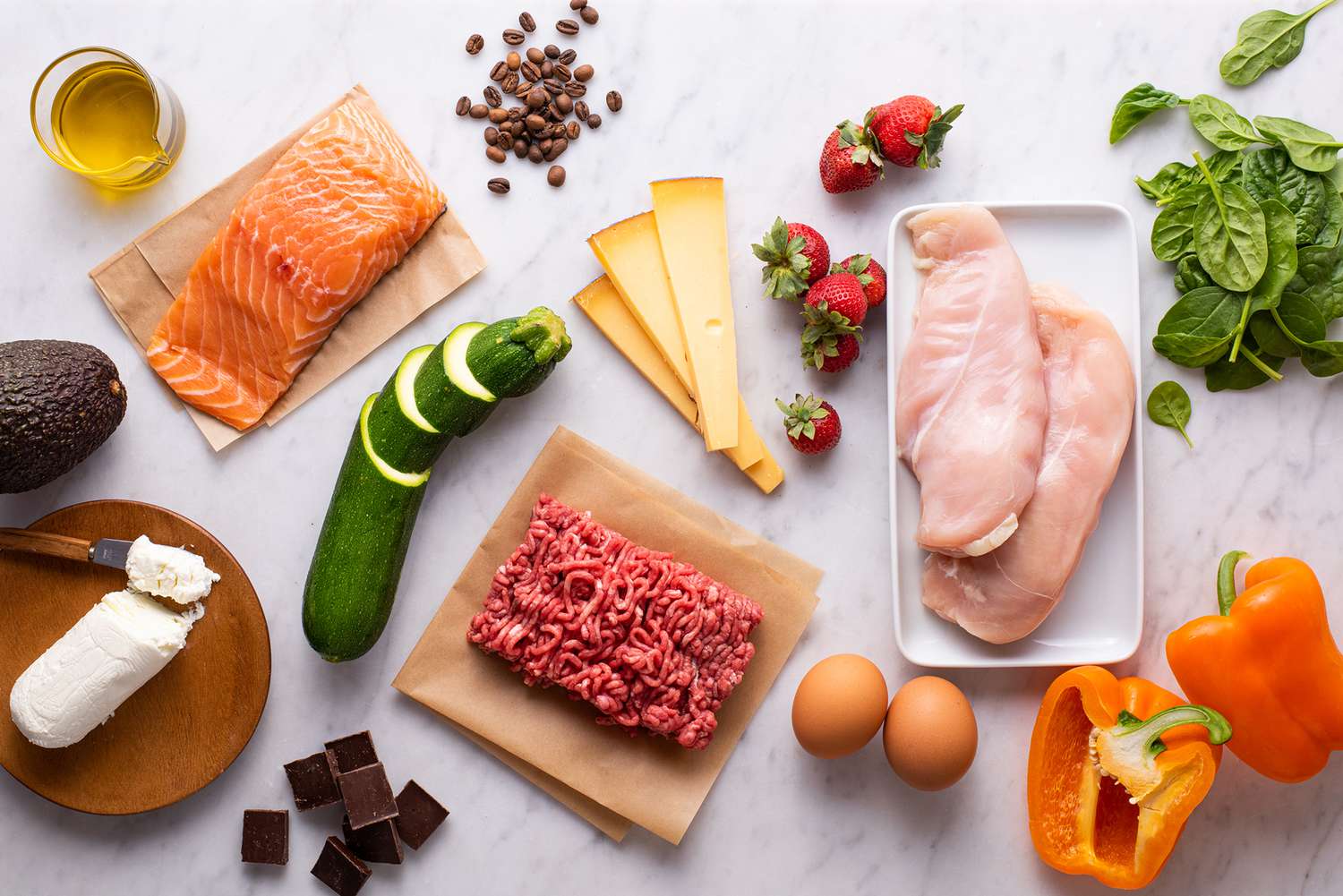Existing studies on the benefits of meal sequencing are small, but the results are consistent, experts say.
In one 2023 review of 11 studies, for instance, researchers concluded that people who saved carbohydrate-rich foods for the end of a meal, after vegetables and proteins, had significantly lower blood sugar levels than when they consumed them first.
In one 2019 study of 15 people with pre-diabetes, Dr. Shukla and his colleagues asked the participants to eat a meal of skinless grilled chicken, salad and ciabatta in three different orders on three different days: ciabatta first, followed 10 minutes later by the chicken and salad; chicken and salad first, followed by the ciabatta; and salad first, followed by the chicken and ciabatta.
Researchers measured participants’ blood sugar levels right before they ate, and every 30 minutes for three hours after each meal. They found that when the participants tied the chicken and salad before the bread, their blood sugar spikes following the meal were about 46 percent lower than when they tied the bread first.
Researchers aren’t entirely sure why this might be. One theory is that eating fats, fiber and proteins first delays stomach emptying, which could slow the absorption of sugars from the carbohydrates into the bloodstream, Dr. Shukla said.
Barbara Eichorst, vice president of health care programs at the American Diabetes Association, said it makes sense for people with Type 2 diabetes or pre-diabetes to consume vegetables and proteins first during meals, since, unlike carbohydrates, vegetables and proteins don’t rapidly turn into sugar and cause high blood glucose spikes.
Researchers measured participants’ blood sugar levels right before they ate, and every 30 minutes for three hours after each meal. They found that when the participants tied the chicken and salad before the bread, their blood sugar spikes following the meal were about 46 percent lower than when they tied the bread first.
For those who have Type 2 diabetes, some limited research even suggests that this blood sugar lowering effect could be comparable with certain diabetes medications, said Nicola Guess, a clinical dietitian and researcher at the University of Oxford in Britain. Though more research is needed on the topic.
Should everyone eat like this?
Research has also shown that eating carbohydrates last in a meal can reduce blood sugar spikes in people who don’t have diabetes. But the experts said that healthy people usually don’t need to micromanage their blood sugar in this way.
A properly functioning body will bring blood sugar levels back down to normal within hours after eating a meal, said Dr. Vijaya Surampudi, an endocrinologist at UCLA Health.
Nevertheless, since proteins, fats and fiber-rich vegetables take longer to digest than simple carbohydrates, saving carbs for last can help people feel fuller for longer, said Dr. Domenico Tricò, an assistant professor of internal medicine at the University of Pisa in Italy who studies food order.


